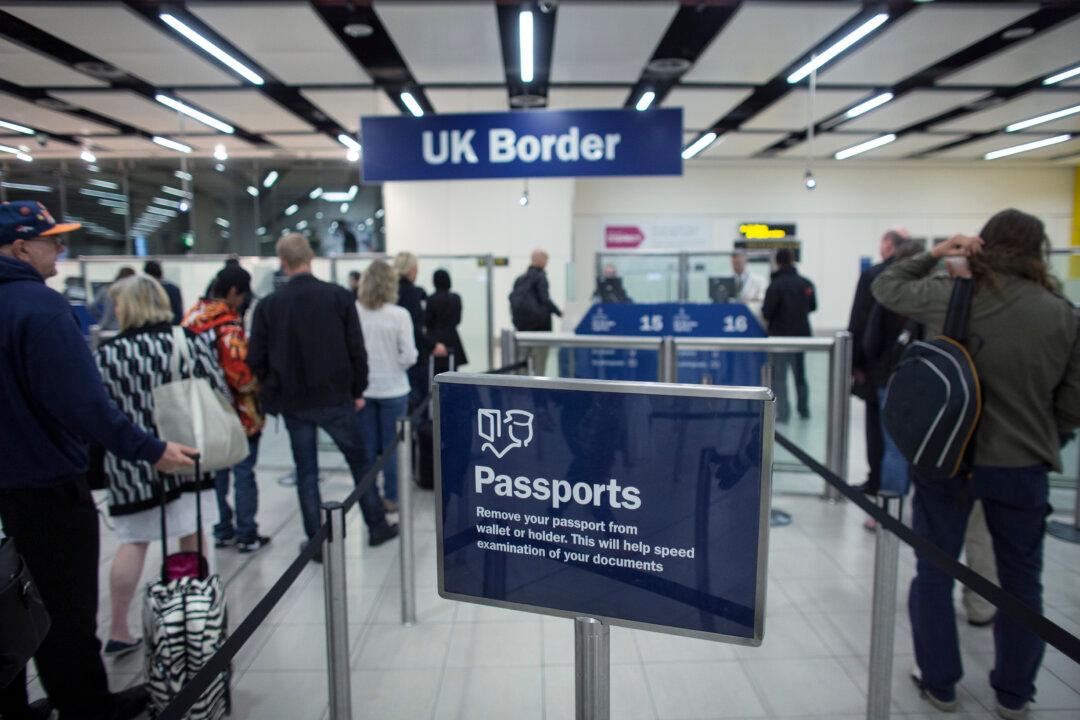The Home Office has been fiercely criticised by an independent immigration watchdog over the redaction of over 100 pieces of information from a report on the risks of corrupt Border Force staff.
David Neal, the independent chief inspector of borders and immigration (ICIBI), said the “extensive” removal of material from his insider threat report (pdf) fails to meet the “high reasons of national security threshold.”





